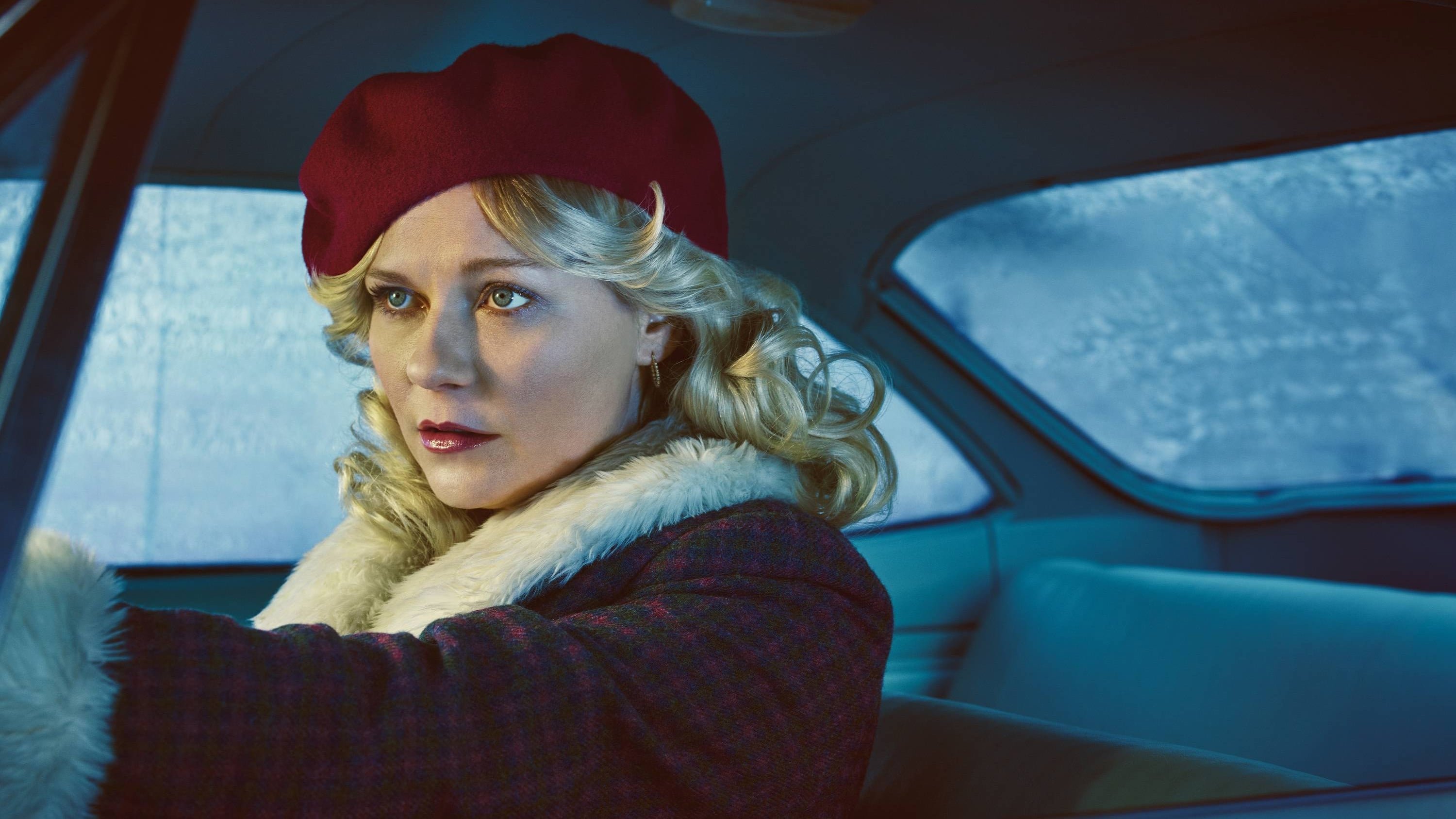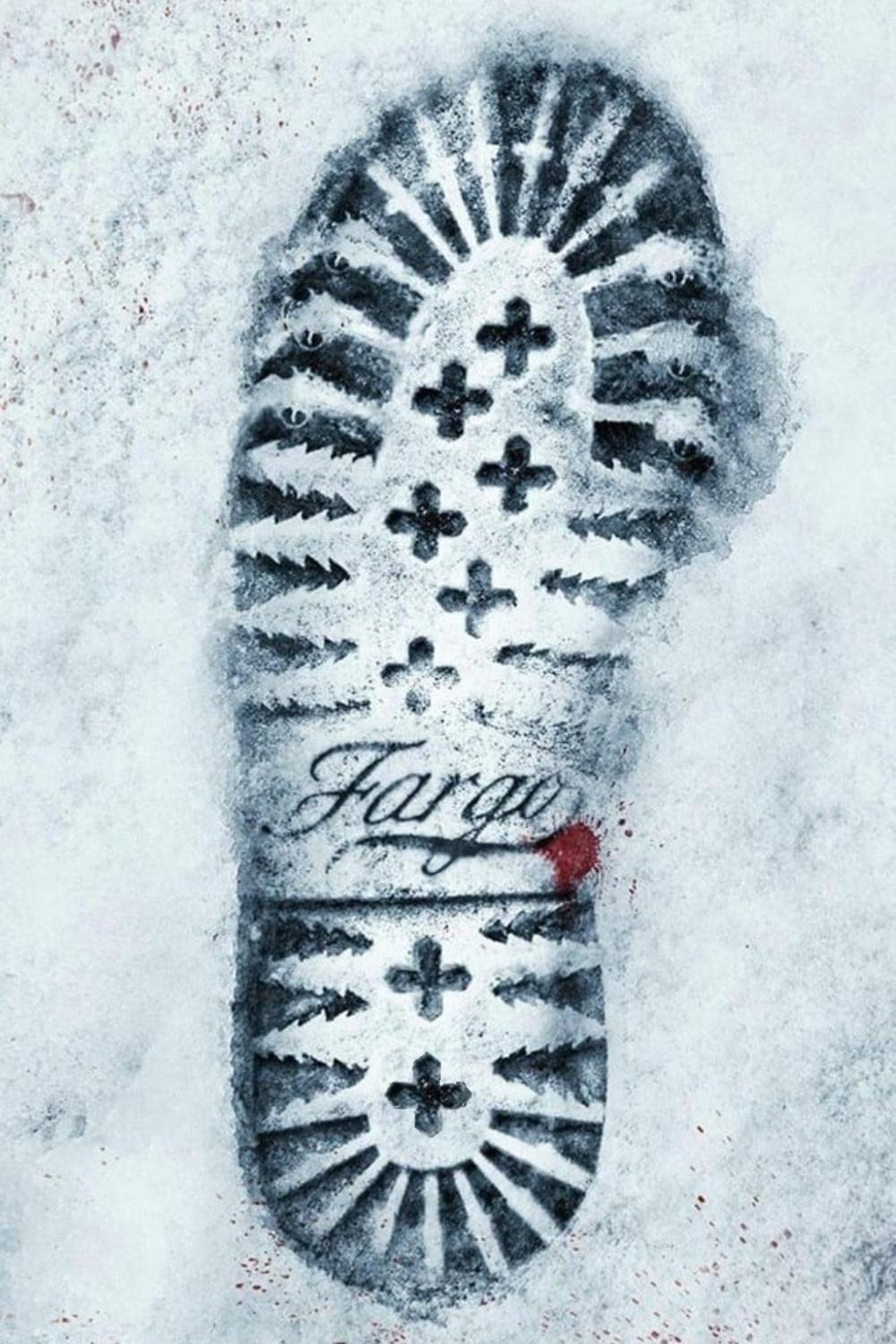
Fargo (2014)
Fargo (2014)
92
Fargo against the Church and the State. This season studies how capital corrupts relationships, the ways in which a system of power hierarchy dooms itself when paired with human greed. Economy is the devil himself. Not only that, but the nature of truth is explored here even further than in the previous seasons, the belief that reality is whatever whoever's most powerful wishes it to be.
A brotherly feud is what explodes the narrative, greed thats moves both of Ewan McGregor's characters in ways that destroys both. What's at play for them is status, wealth and pride, things they aren't willing to sacrifice for a shot at forgiving one another. Michael Stuhlbarg's character is one introduced as a loyal voice of reason, but determination isn't enough for survival in a world of wolves, when that loyalty isn't given to the biggest of the predators. Speaking of, David Thewlis, the one at the top of the food chain, is Fargo's best antagonist to date; a grotesque figure, enigmatic, unstoppable, almost surreal. The personification of all the evil in Fargo. Carrie Coon is the antithesis to that: entirely unrecognized by the system, a one-in-a-million, a shrine of justice. The surprise show-stealer, though, once she goes front and center of the narrative, is Mary Elizabeth Winstead. Initially merely another gear in this colossal clockwork of violence and currency, but suddenly freed of spirit by the cruel hands of this same evil, and turned into a warrior whose sole moving force is love. Sadly, by the end, it's unclear if either of the season's heroines were enough to truly outmatch the creeping hand of influence.
By far the slowest, least action-focused of the original three seasons, a meticulous path that often doesn't make for the most exciting viewing experience, but certainly far from disappointing. Gorgeous, stacked with talent, and truly committed to its layers. What I miss the most about seasons one and two here is the small town essence of Fargo, since the scope of Year 3 is too large to fit in the cozy Minnesota mold, yet cannot be as massive as it realistically would be unless it were willing to completely miss the point of the series. It's a larger-than-life story taking place in an unusual setting. At the end of the day, it's Fargo.
Loading




